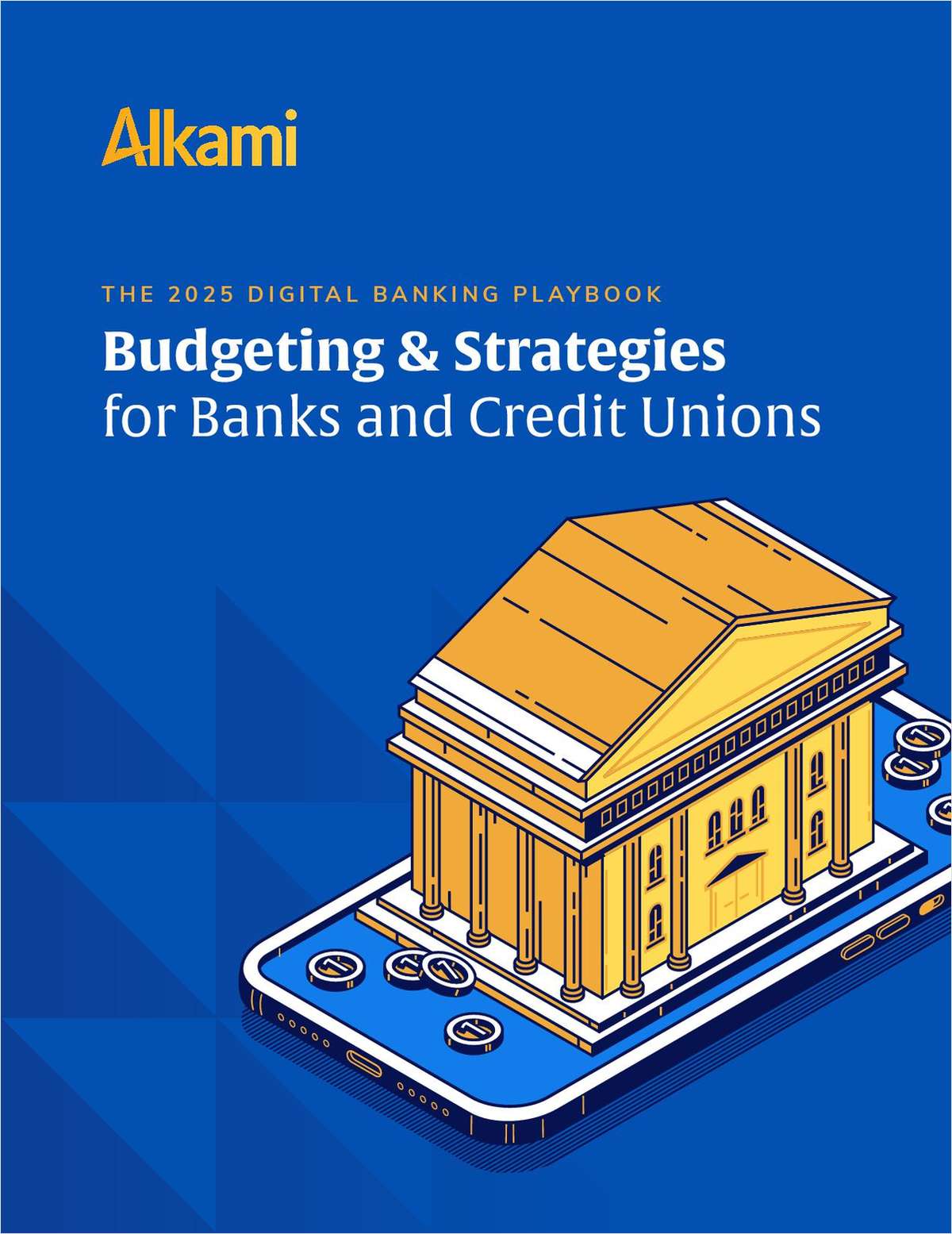The end is near. In about a week, this election season will finally be over.
And when Nov. 9 comes, we should all breathe a sigh of relief, because unless you've been living in a cave on some remote planet, you're well-aware of how exhausting it's been. The personal attacks. The racism and sexism. The vulgar language.
After the second disaster of a presidential debate, journalist Bob Schieffer summed it up best: “How have we come to this? This is supposed to be a campaign for the most powerful office in the land. Here we're marching in women into the hall who supposedly had some relationship with one of the candidate's spouses, and what is that supposed to prove? I mean over and over, 'If I'm elected, I'm going to put you in jail' – this is what they do in Banana Republics. People keep asking me, have I ever seen anything like this, and I keep saying no. And I hope to God I don't see another campaign like this one. America can do better than what we have seen here tonight. This was just disgraceful.”
By “marching in women into the hall,” Schieffer was of course referring to Donald Trump's pre-debate press conference, in which he brought out four women who accused former President Bill Clinton of sexual assault. It was an out-of-line and bizarre attempt at damage control following the release of that 2005 “Access Hollywood” tape, in which Trump bragged about sexually assaulting women. It's also just one example of how real issues, including financial issues that impact credit unions, have been buried underneath a pile of reality TV-like drama this election season.
While the third debate was somewhat more issue-focused, the phrases we'll remember the most are “nasty woman” and “bad hombres,” not “economic growth” or “national debt.” The day before the third debate, we asked CU Times readers to send us the questions they hoped FOX's Chris Wallace would ask Trump and Hillary Clinton. Some readers said they wanted to know how the future president would handle cybercrime, student loan debt and large-scale bank fraud like the Wells Fargo scandal, but most questions centered on an issue that has weighed on credit union executives for a long time: Regulation. The costs associated with complying with regulations imposed on credit unions have crippled many cooperatives and forced others to merge. In a recent CU Times infographic, data from LexisNexis and CUNA showed credit unions lost an estimated $1.1 billion in revenue in 2014 due to rising regulatory expenses, and increasing regulatory demands are estimated to cost credit unions $71 per member per year. The rising costs have led to higher loan rates, lag time in service delivery, less competitive pricing, a lack of modernized technology upgrades, and fewer products and services at credit unions, according to the research. Credit unions deserve to know if their future president has a plan to ease these burdens.
Did any of this come up in the third debate? Of course not. The candidates were too busy trading insults. And in making their choice for president, the question for many Americans has changed from “Which candidate will fight for the issues that matter to me?” to “Which candidate is a decent human being?”
Each time one of the candidates expressed their view on an issue that affects credit unions this campaign season, we made sure to cover it for our readers. For example, in August, Trump announced that if elected, he would issue a temporary moratorium on new agency regulations. However, according to lobbyist Craig Holman of the group Public Citizen, such a presidential order would not be binding on independent agencies such as the NCUA. Around the same time, Clinton revealed that if elected, she would work to cut red tape to provide credit to small businesses, especially through credit unions and community banks.
After that, our coverage of the campaign grew sparse as the national media headlines moved further away from the issues and closer toward the candidates' personal baggage. Some applauded their mere mention of credit unions or regulations, with NAFCU President/CEO Dan Berger writing to both candidates to thank them for their positions to address regulatory burdens. But credit unions deserve more than a few crumbs thrown in their direction.
As credit union executives, how should you react to an election season in which the issues that matter most to you appear to be lost? First and foremost, be sure to encourage all your employees to get out and vote. Then, beef up your advocacy game. Contact your state league, NAFCU or CUNA to find out how you can help educate local lawmakers about the significance of the credit union movement and its positive effects on the economy. Start getting your ducks in a row for CUNA's 2017 Governmental Affairs Conference, where you can hike the Hill, speak directly with lawmakers from your state, and convince them to get on your side when it comes to top credit union issues, such as tax exemption and regulatory burdens.
After the votes are counted the night of Nov. 8 and the losing presidential candidate concedes (or not … we're being left in suspense about that, remember?) the opportunity to fight for credit unions' ability to grow and thrive in the future will still exist, so don't miss it. Not to rip off anyone's speech or anything (ahem), but when others go low, make a point to go high.
Complete your profile to continue reading and get FREE access to CUTimes.com, part of your ALM digital membership.
Your access to unlimited CUTimes.com content isn’t changing.
Once you are an ALM digital member, you’ll receive:
- Breaking credit union news and analysis, on-site and via our newsletters and custom alerts
- Weekly Shared Accounts podcast featuring exclusive interviews with industry leaders
- Educational webcasts, white papers, and ebooks from industry thought leaders
- Critical coverage of the commercial real estate and financial advisory markets on our other ALM sites, GlobeSt.com and ThinkAdvisor.com
Already have an account? Sign In Now
© 2025 ALM Global, LLC, All Rights Reserved. Request academic re-use from www.copyright.com. All other uses, submit a request to [email protected]. For more information visit Asset & Logo Licensing.









